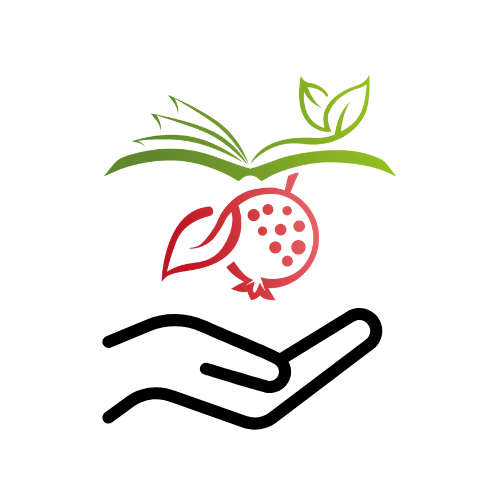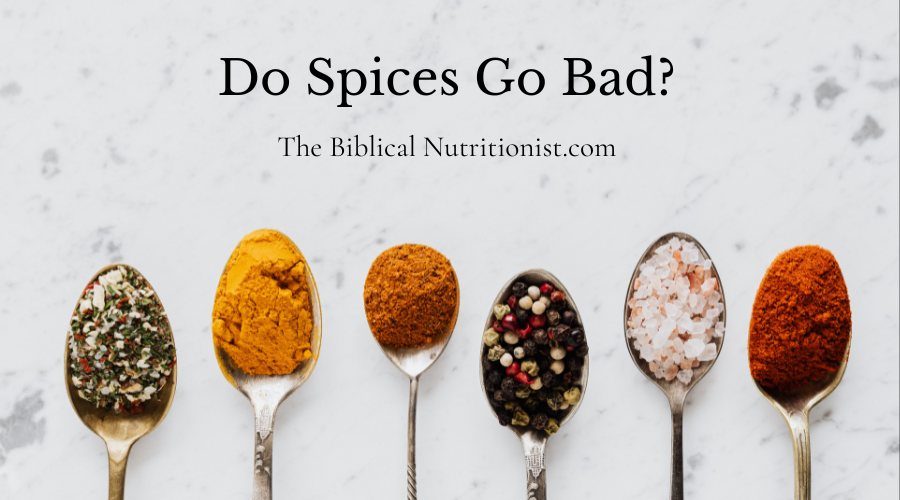
Spices enhance the flavor and aroma of your dishes.
Chili pepper, parsley, oregano, rosemary… These can instantly transform your meals from drab to fab!
But the question is, do spices go bad? How can you tell if that bottle or basil or that canister of oregano is no longer good to sprinkle to your food?
And if they do go bad, what can you do to extend their lifespan, so they don’t end up in the trash after just a few weeks?
We’ll talk about these - and more - in this post that every spice lover should know!
Quick Guide to Buying Spices
Spices don't just improve the flavor and aroma of your meals, they have healing properties as well. When we think of foods that are high in vitamins, minerals, antioxidants and the like, you usually think fruits and vegetables.
However, herbs contain these too. In addition, they having other chemicals in them that promote healing and disease prevention. Check out the post on medicinal herbs in your kitchen to learn more!
So when you're shopping for herbs and spices, you want to make sure you're getting the best quality.
Here are some things to keep in mind:
- If you can, choose organic
- Choose fresh over dried
- Look for whole herbs and root spices that you can dry yourself
- Check the expiration date on fresh spices
- Opt out of spice blends
You can buy already dried spices if you’re unable to dry them out yourself. Just make sure to get the best quality you can find. Your body is the temple of the holy spirit, so you want everything, even spices to be as real and fresh as possible! Organic and non-GMO is best. Even though these are spices we’re talking about, you don’t want anything that’s been genetically altered.
Do Spices Actually Go Bad?
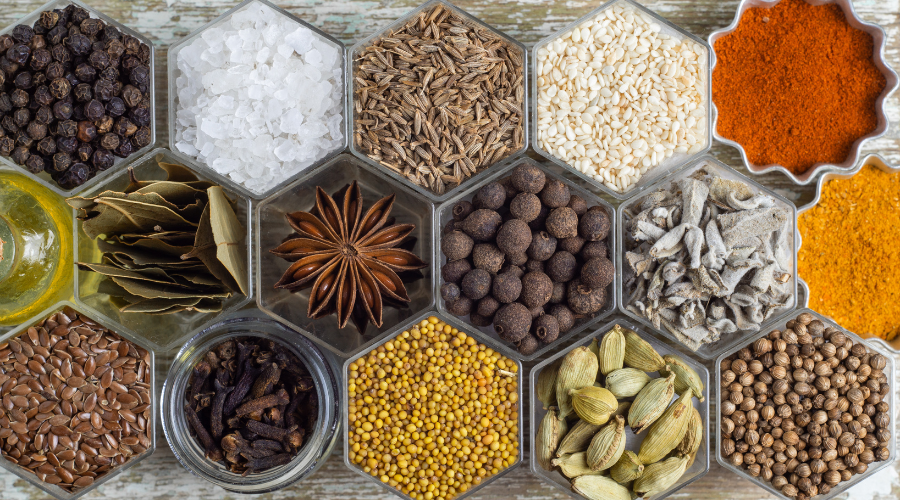
There is an expiration date for spices. These will vary depending on if you’re purchasing fresh, or dried spices. The expiration date though is not always the best indication of whether or not your spices have gone bad.
Below we’ll look at how you can become an expert in being able to identify whether or not you want to keep on using those spices or toss them in the trash.
Fresh herbs that you store in the fridge will go bad just like any other type of produce. You may notice condensation in the container first, in that case, mold usually follows.
As a general rule, proper storage can make your spices last anywhere from 1-3 years.
Three Ways to Tell Your Spices are Expired
Check your spices periodically to check if they’ve gone bad. There are three things you want to check for that’ll help you identify if it’s time to give them a toss.
1. Aroma
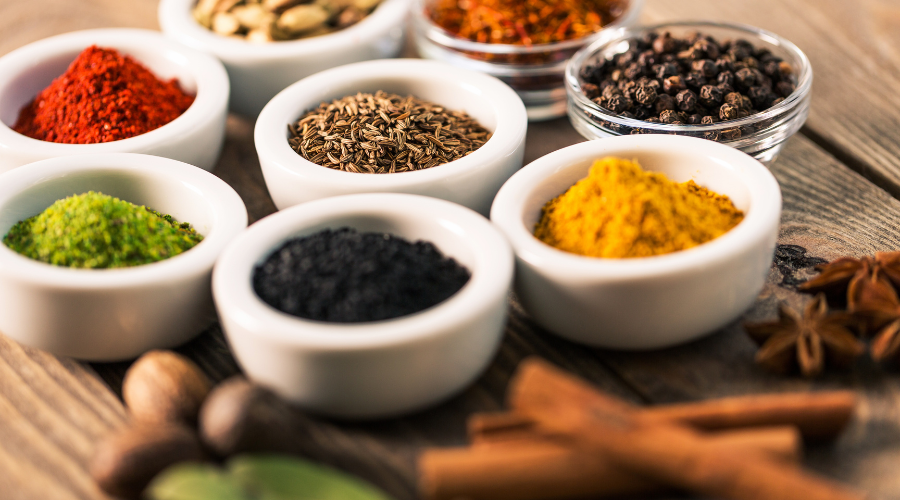
Check your spices periodically to check if they’ve gone bad. There are three things you want to check for that’ll help you identify if it’s time to give them a toss.
2. Flavor
Okay, the flavor is pretty important since you use spices to enhance your dishes!
Take a taste, how are they? If they don’t have the same strong flavor as they did when you first bought them or pulled them from your garden, then that’s a good sign they’re expired.
Look out for a flavor of dust or dirt. This is an indication your spices have been compromised and possible mold growth. This can happen if you use your spices directly over steam… so you want to avoid that practice!
3. Color
Finally is the color. Just because they’ve been sitting in your cabinet doesn’t mean the color should change on you.
Once the color starts changing, that’s a major clue your spice or herb has gone bad.
Paprika, for example, should keep a rich red color, if it’s fading, toss it.
This applies to herbs as well. After the dehydration process, they should still be green or whatever color they’re supposed to be. If the leaves are starting to turn yellow, this means the oils have started seeping out, as well as the nutrition and healing properties!
How Long Do Spices Last?
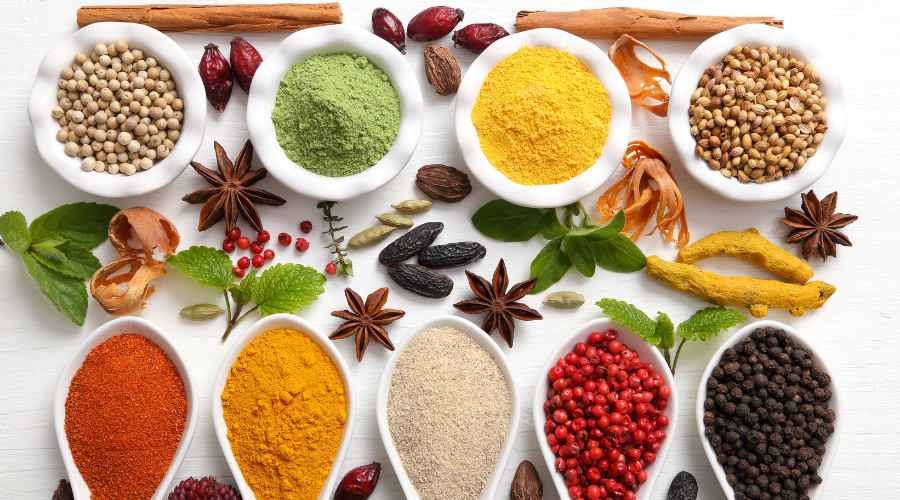
We’ve covered the basics on how to tell if your spices are good or bad. Now let’s talk about different spices and how long they actually last.
1. Basil
Fresh: Between 5-7 days
Dried: 2-3 yrs.
2. Cayenne Pepper
Fresh: 1 Week
Dried: 3 Years
3. Chili Powder
Fresh: 1 Week
Dried: 3 Years
4. Cinnamon
Dried: 3 Years
5. Cloves
Fresh: 1 Week
Dried: 3 Years
6. Cumin
Dried: 3 Years
7. Dill
Fresh: 1 Week
Dried: 3 Years
8. Italian Seasoning
Dried: 2 - 3 Years
9. Mustard
Fresh: 1 Week
Dried: 3 Years
10. Oregano
Fresh: Between 5 and 7 Days
Dried: 3 Years
11. Garlic
Fresh: 6 Months
Dried: 3 Years
12. Paprika
Dried: 2 Years
How to Prolong the Lifespan of Your Spices
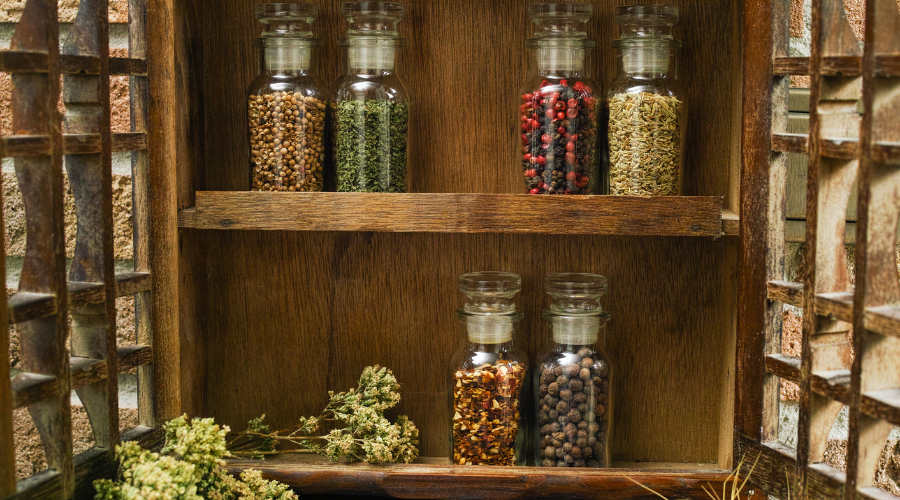
Prolonging the lifespan of your spices will save you money and help to preserve all the good stuff in your spices. So how do you make your spices last for longer?
These are key practices:
1. Store your spices in the proper container.
Stay away from BPA containers and if you can, only use glass. Mason jars are a great option if you have a lot of spices to store. Make sure your jar and lid are disinfected to keep out bacterial growth.
2. Put your spices in a mason jar.
You can prolong the shelf life of your spices with proper storage conditions.
For instance, I would use a mason jar or any air tight container that will keep my spices nice and dry while preventing bacterial growth caused by moisture and humidity.
3. Place your jar of spices in a favorable location.
Proper storage is very important in retaining the freshness of your spices.
You should also place your bottle or container of spices in a dry and dark environment where the temperature does not fluctuate too much or at all.
4. Use your spices properly.
Another valuable tip to preventing your spices from going bad too easily is by using them correctly.
When sprinkling spices into your food as it cooks, make sure no amount of steam from the pot gets into your spice jar. Use a dry spoon to get the proper amount of spice you need and then sprinkle it to your food. This way, your spices remain dry and cool inside the bottle and no bacteria or fungi can grow in it.
5. Store your spices in the refrigerator.
You can also store some spices in a refrigerator such as your ground cayenne pepper or chili powder. This helps keep them fresh longer.
6. Put labels to your spices.
Lastly, you should put labels on your spice container. Indicate the expiration dates to make sure you stay on top of these things and avoid the accidental use of expired spices.
What to Do When Spices Go Bad? Toss or Use Them?
What if your spices are already bad? What should you do with them?
Before your spices make their way into the trash, stop and think - are they really worth calling as rubbish at this point?
Did you know that expired spices are still useful?
Yep, and here are a couple of things you can do when spices are already bad.
Artwork Material
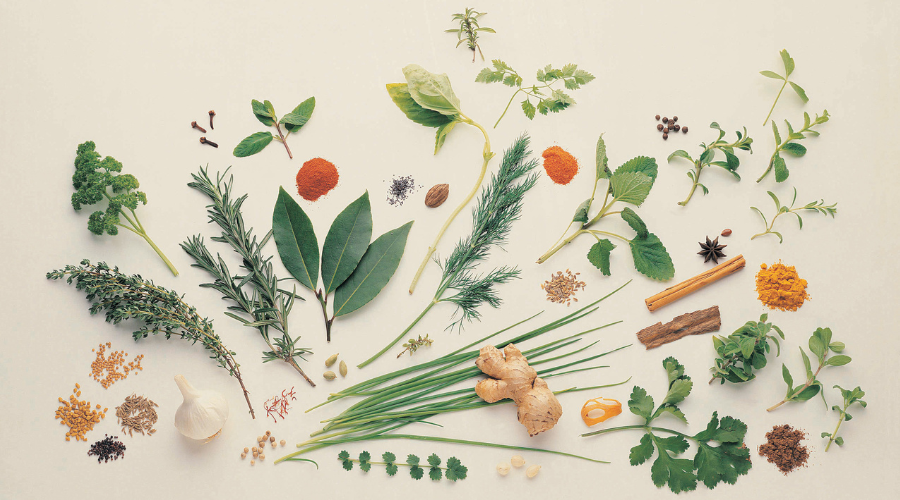
Yep, you can use expired spices for your artwork!
You can make DIY, homemade, and all-natural paint using spices such as turmeric and paprika.
The bright colors of these spices, as well as the rich brown hue of nutmeg and clove, makes them excellent, natural paint for your art projects.
You can also use expired spices, or at least, less-strong-smelling spices for making brewed potpourri. Just boil some water and add in spices to make your home or room smell great whether it’s cinnamon, cardamom, or cloves. Add in a few citrus peels, and your indoor space will smell heavenly!
Homemade ornaments and trinkets could also use some spices to enhance their aromas such as nutmeg, cloves, and cinnamon.
Natural Insect/ Animal Deterrent
Why use harsh, hazardous insecticides and fungicides when you can use your expired spices?
Cinnamon, for example, is a great fungicide for your houseplants or seedlings. Mix this spice with some warm water, put it in a spray bottle, and mist your plants to deter fungus growth.
You can also make sure some pests stay away from your home by using those spices that have gone bad. Critters hate spicy peppers while ants can’t stand black pepper.
But expired spices as not as potent as fresh ones, so be sure to pepper those areas where these pests are commonly found to make sure they stay away.
Conclusion
Spices are great when they’re fresh and newly bought but you can also keep them for a longer time with proper storage… And even use them in some ways even if they’ve already gone bad!
Be sure to apply the tips and tricks that I’ve shared for you today on how to retain the freshness of your spices to make sure you’re getting the most out of them.
And as always, I’m on a mission to keep you on mission, so do let me know in the comments if you’ve got questions or some thoughts you’d like to add into what you’ve read today. I look forward to connecting with you, and stay healthy!


